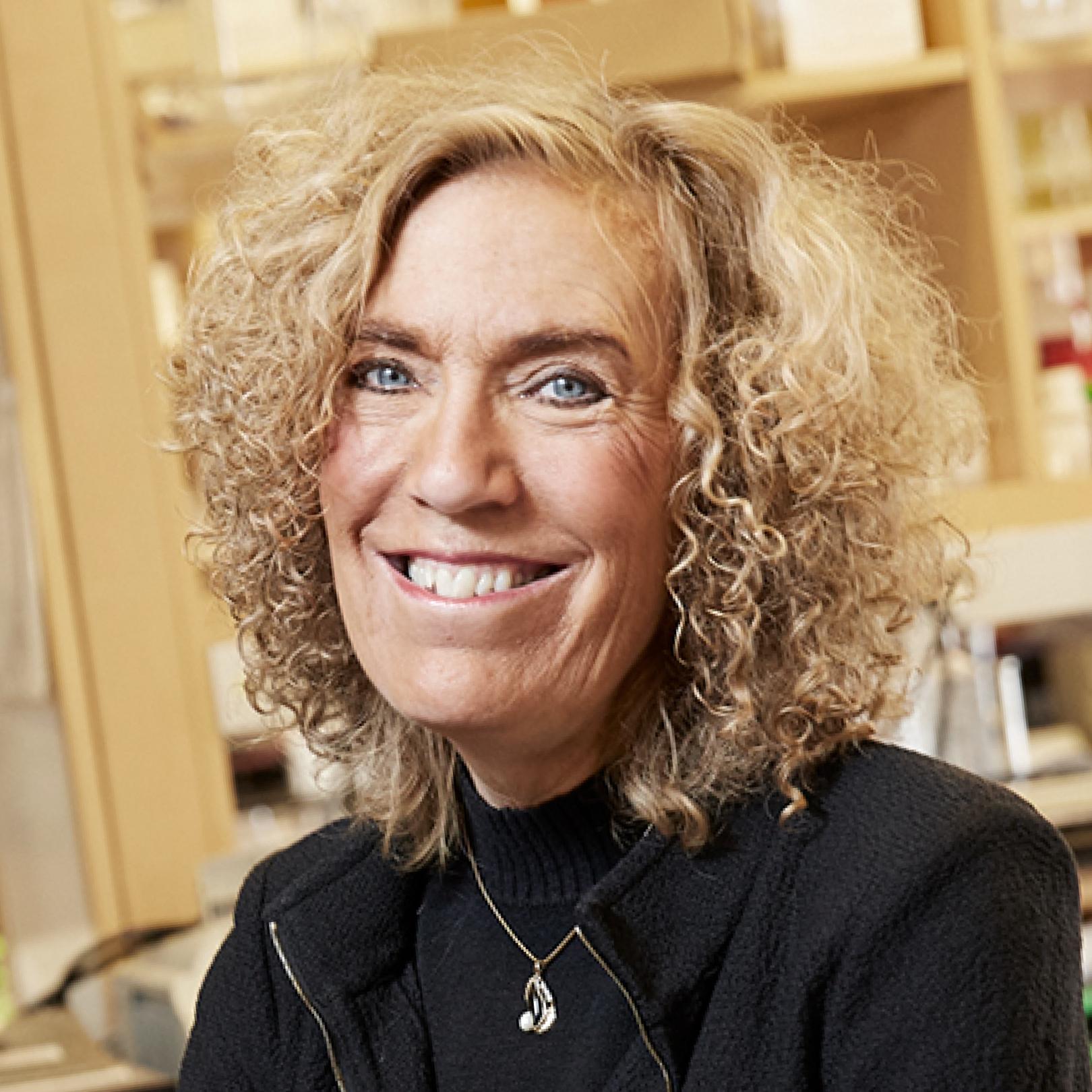
The Rockefeller University | New York, New York
For elucidating the genetics of skin diseases and mechanisms that guide skin renewal, yielding insights into aging, inflammation, and cancer.
We may not think of it in such terms, but the skin is the largest organ of the human body, and both the interface and barrier between our inner selves and the outside world. Yet until fairly recently, medicine knew more about many of the organs deep inside our bodies than about the skin. Cell biologist Elaine Fuchs led dermatology into the 21st century by pioneering the molecular and genetic basis of skin diseases, and then continuing to use advanced biological techniques to unveil the secrets of the skin.
Although it has long been a medical specialty, dermatology was a largely descriptive science, lacking a well-defined understanding of the mechanisms of diseases and disorders that can affect the skin. As perhaps the most dominant researcher in the field today, Elaine Fuchs changed all that. When she began concentrating on the study of skin as a postdoctoral fellow at MIT in the late 1970s, she realized that characterizing the genes for keratins—the proteins that give the cells of the outermost skin layers (‘epidermis’) their toughness—might provide an understanding of the molecular processes that cause and drive skin development, as well as skin diseases. Beginning with keratins in the cell culture dish and then moving on to mouse models in vivo, she used a reverse genetic approach of introducing modifications into the keratin genes to define the effect of such perturbations on the entire organism. This led her touncover the genetic bases of a group of human blistering disorders. Fuchs is a recognized pioneer of the reverse genetic technique: Rather than using mice to model known human genetic disorders, Fuchs used mice as a discovery tool to unravel the basis of human diseases of unknown causes.
The human epidermal cells Fuchs was studying were the first tissue stem cells ever cultured. In the epidermis, these cells constantly differentiate and replenish our skin’s barrier, replacing it entirely every few weeks, while also repairing wounds and other tissue damage. Determining how these normal processes occur is critically important because they can go awry in cancer and other disorders. Using mouse genetics complemented by epithelial or skin layer stem cell cultures, Fuchs has elucidated key genes and cell signaling pathways—work that lays the foundation for the development of more precise and targeted treatment strategies for disease. Her work ranges from the role of the body’s lymphatic system in coordinating skin stem cell activity and regeneration, to the small-scale phenomenon of how the proteins of our skin’s barrier exploit the extremes of their harsh environment to undergo key changes in their conformation that are needed to generate the flattened dead cells at our body’s surface that keep microbes out and retain body fluids. More recently, she is addressing mechanisms of chronic inflammation—why it is that once a region of the skin is subject to an irritant, it retains a memory of the experience, causing it sometimes to flare again months later and with heightened response. Her answers could explain such broad-reaching phenomena as why plants that survive one pathogen often acquire resistance to other pathogens, and why many inflammatory conditions often increase susceptibility to cancer. Overall, Fuchs’s achievements have brought her international recognition as one of the world's leading experts in the biology of skin and the stem cells of our adult bodies.
Fuchs discovered her passion for science and living things as a child in the cornfields of Illinois, chasing butterflies with nets and watching the seemingly magical process of tadpoles turning into frogs and caterpillars into butterflies. Her wonder and curiosity about nature eventually led to her undergraduate study in chemistry at the University of Illinois Urbana-Champaign and her doctorate in biochemistry at Princeton. She was the first woman faculty member of the Biochemistry Department at the University of Chicago, where she spent more than 20 years before moving to her present position at The Rockefeller University as the Rebecca C. Lancefield Professor of Mammalian Cell Biology and Development. She has been an Investigator of the Howard Hughes Medical Institute since 1988. Among her many honors are the National Medal of Science, the Gairdner International Award, the E.B. Wilson Medal from the American Society of Cell Biology, the Presidential Young Investigator Award, and elections to the National Academy of Sciences, National Academy of Medicine, National Academy of Inventors, and the UK’s Royal Society.
One of Elaine Fuchs's most significant accomplishments is the example she has set for young women aspiring to scientific careers. As a role model not only to her own students but to young women broadly, she has actively worked to increase the visibility and acceptance of women both in her own field and in all scientific disciplines, blazing a pathway for others to follow.
Although Fuchs has dedicated her career to the in-depth study of skin biology, the impact of her discoveries and techniques has ranged far beyond that specific field, finding application and providing valuable insights in other areas of stem cell studies, cancer research, and cell biology. Such expansive relevance of one's work is the mark of a truly innovative and influential scientist. Elaine Fuchs is undeniably a biologist who merits that description.
Information as of March 2023

